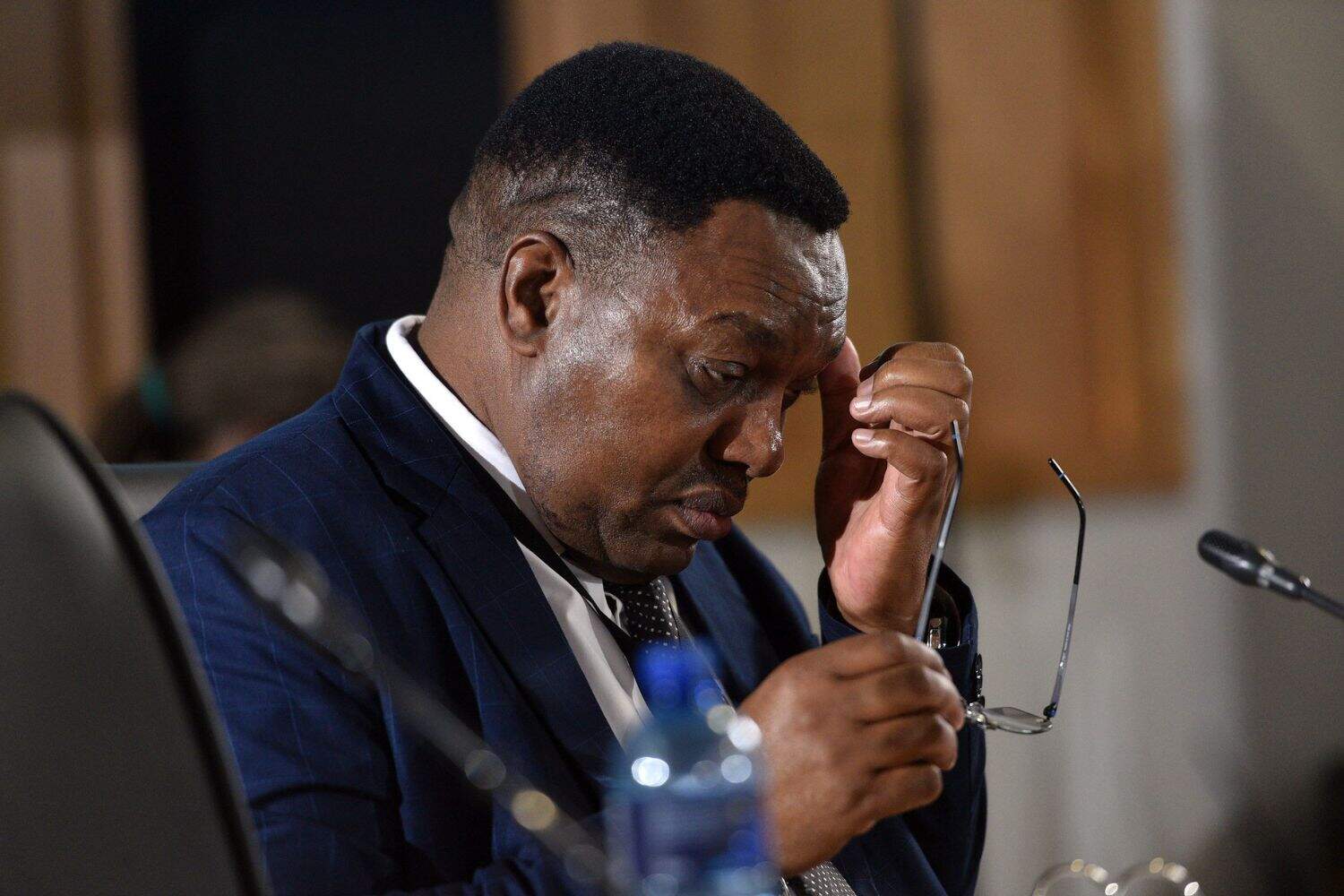Procrastination and political interference have created fertile ground for the weeds of corruption, capture, and further criminality to flourish.

There is a joke about a man calling the police to report a break-in. He is told that no cars are available and they can only attend to the scene in an hour. He calls back a few minutes later to say the situation is handled because he had shot the alleged intruders. The police arrive within minutes.
As jokes often do, it is meant to be an exaggeration of reality. However, a lethargic and often unresponsive police force is a daily struggle for South Africans from Cresta and Constantia to the Cape Flats and Cosmo City.
And, as the Madlanga Commission has heard this week, it comes from the very top.
National Police Commissioner Fannie Masemola said this week that he informed the minister that his deputy, Shadrack Sibiya, was allegedly involved with criminal syndicates. The whistle was blown, but eight months later, an investigation into the claims had gone nowhere. It was allegedly delayed and frustrated at every turn.
From on-leave minister Senzo Mchunu’s alleged orders to disband a “well-functioning” political killings unit, to former minister Bheki Cele asking “someone he disliked” to work with him to get him off a case, the picture of political interference has been startling.
The attitude and impunity of those who pulled the puppet strings, as described earlier this week by Masemola, was that corruption and attempted murder accused Vusimusi ‘Cat’ Matlala was his deputy, not Sibiya.
A former Ekurhuleni Metro official even detailed how Matlala allegedly “captured” the municipality and secured government protection. When charges were prepared to be served against those accused of corruption, these were blocked.
More concerning than this was that President Cyril Ramaphosa was aware of the disbandment and, according to Masemola, had promised but failed to intervene. Either he was misled by Mchunu or was just reckless in not giving the disbandment proper consideration in the face of Masemola and others’ noted objections to it.
Again, procrastination and political interference created fertile ground for the weeds of corruption, capture, and further criminality to flourish.
ALSO READ: A VIEW OF THE WEEK: No new dawn, only a Mashatile midnight ahead?
Just do your job
And while factionalism is undoubtedly at play in this farce, the commission is a shining example of how politicians are rearranging the deck chairs while the ship sinks.
In the nearly three months since Mkhwanazi pulled the skeletons out of the closet a commission of inquiry has been announced and begun, but crime persists.
Dozens have died in the Cape Flats and surrounding areas alone in that period, while daily reports of rape and murder still plague us.
South Africans deserve to know how the police has been captured, and they should expect action to be taken. But their most immediate demand is just proper policing.
It is the same with the constant debate around mayoral candidates’ credentials, public image, and arguments. These are all important, but what citizens want first and foremost is someone who can simply fix the water, electricity, and crime crises.
ALSO READ: A VIEW OF THE WEEK: SA’s collapse could come by tanker
Voter turnout has dropped by as much as 28% since 1994. Last year, nearly half of those eligible did not vote in the national elections.
That number will continue to decline in next year’s local government elections because politicians are distracted by enriching themselves and costly pantomimes for self-grandeur. Meanwhile, South Africans still don’t feel their vote will bring any meaningful change.
Support Local Journalism
Add The Citizen as a Preferred Source on Google and follow us on Google News to see more of our trusted reporting in Google News and Top Stories.








